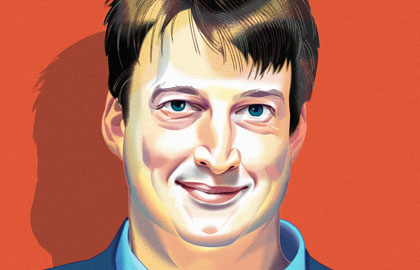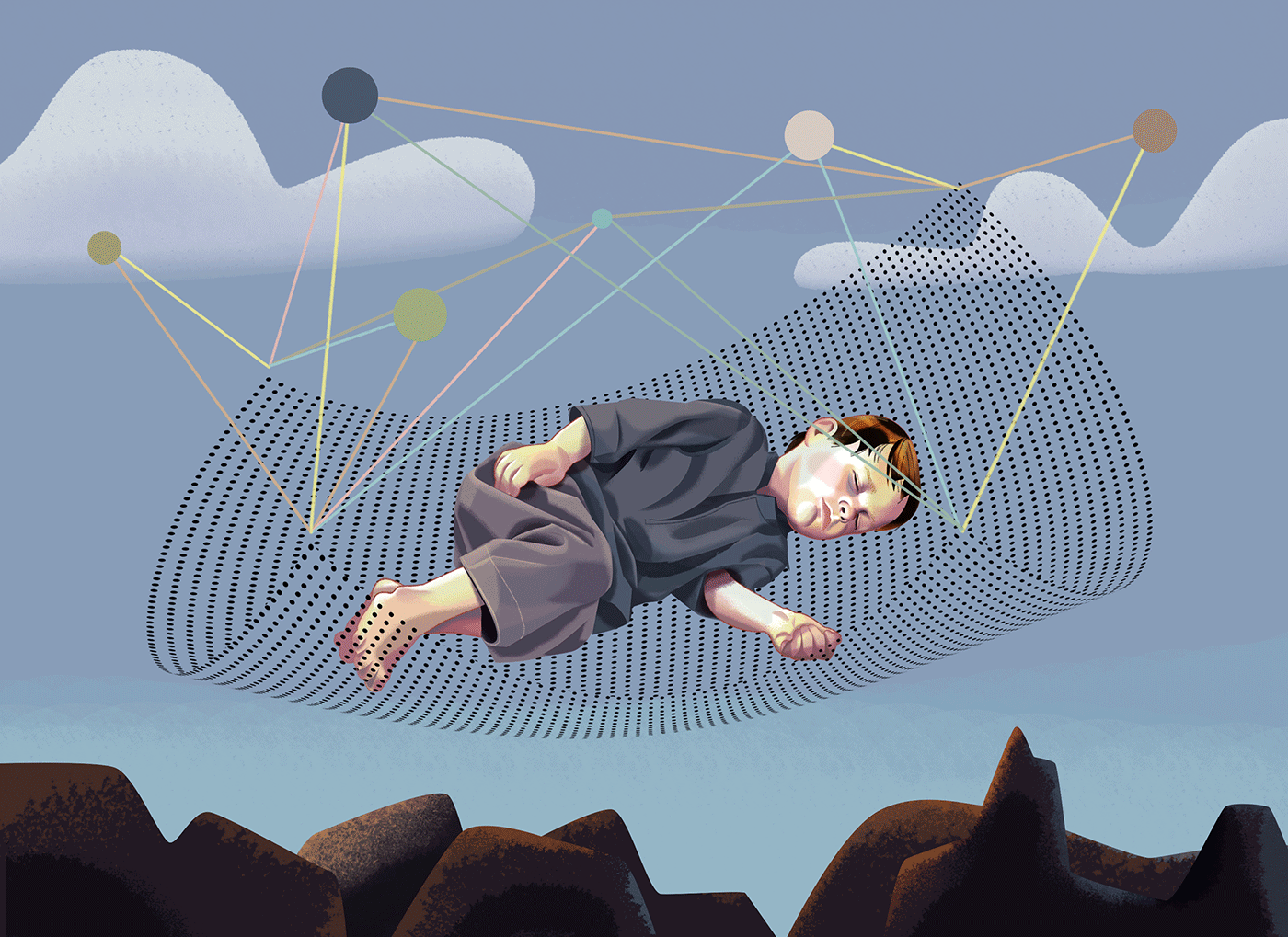Mr. Kirkpatrick, formerly a founder of the Humanitarian Systems Team at Microsoft and CTO of a nonprofit public health spinoff of Google, has seen his UN team expand from a few employees to 75, with offices in New York; Kampala, Uganda; and Jakarta, Indonesia. Brunswick’s Beatriz Garcia spoke with Mr. Kirkpatrick about how far his team has come, and his dreams for it moving forward.
Five years ago, would you have predicted the kind of growth you’ve had?
I’m a pathological optimist, so probably. But in the early days of this project, there was huge skepticism about all of it. You know: You’ll never get companies to share their data, you’ll never be able to protect privacy, the data won’t yield insights relevant to policy-makers, data scientists won’t want to work for the UN, and even if it does work, governments will refuse to use it. All of that has proven not to be the case.
What has been Global Pulse’s biggest success thus far?
We have played a seminal role in the creation of a global movement around finding safe and responsible ways to use big data and artificial intelligence for the public good.
Some eight and a half years into this, we can say that governments now take it for granted that these data have the potential to improve public services, early warning systems and crisis response.
We have companies actively seeking ways to put the big data they collect to work for the public good. We have regulators who’ve spent years focused on privacy and the risks of misuse suddenly recognizing a whole other set of risks associated with not using this data.
On the whole, has industry cooperated?
The mobile industry is the furthest ahead on this – we’re working not only with mobile operators around the world, but also with their industry trade organization, the GSM Association.
In 2017, the Association established an explicit strategy around putting anonymized mobile big data to work for the public good. There are currently 19 mobile operators who are committed to the GSMA’s program on big data for social good. They call it BD4SG. And it includes not only developing and piloting analytics solutions for response to natural disasters and disease outbreaks, but also development of data aggregation and anonymization standards, as well as an ethical code of conduct for data handling and use.
This is exciting for us because it shows how data philanthropy could work at an industry-wide scale rather than with just one partner at a time. We think GSMA’s approach should serve as a model for other industries with untapped, high-potential data, such as financial services, retail, e-commerce, transportation, manufacturing, agriculture, pharma and others.
Mobile is important because so many more people around the world these days are able to afford mobile phones. There’s a $40 Android smartphone now. And even basic-feature phone users produce a ton of real-time data, including for poor communities who don’t regularly access the internet. Subscribers move through cities and across national borders, sending and receiving calls and messages, topping off their airtime credit and transferring mobile money. You can take the data produced, aggregate and anonymize it at appropriate levels to protect privacy, and still be able to essentially create real-time information on patterns of mobility and the economic
activity of populations in places where you would be lucky to get survey or census data more than once every few years.
Mobility information has incredible predictive power. You can see through the use of this data how many people have been displaced by a natural disaster, hour by hour, and where they’re gathering in need of assistance. You can see when they’re migrating across borders in unusual numbers in response to the impacts of climate change, economic opportunity or conflict.
When you combine mobility with other data such as rainfall and laboratory diagnostics, you can build epidemiological models that predict the time and location of outbreaks of diseases like cholera, dengue, seasonal influenza, malaria, even Ebola, allowing public health departments to improve prevention measures. With a risk map of malaria, you know where to distribute mosquito nets, alert clinics and restock drug supplies in pharmacies.
It turns out that how people consume mobile services has very powerful predictive value. We’ve seen in Uganda that you can generate a nearly perfect proxy for the Multidimensional Poverty Index, which is a standard measure of poverty assessed periodically through the national census, simply by looking at the weekly amounts people pay on prepaid services.
Across much of Africa and the developing world, people prepay for mobile services using scratch cards, where you can buy a dollar’s worth or 10 dollars’ worth of airtime credit. Variables related to airtime consumption, it turns out, predict both overall household consumption and food consumption with close to 90 percent accuracy – an indication of the important role that access to mobile services plays in the lives of rich and poor alike. Because mobile money is spreading all over the developing world now, and people are using text message-based services to buy and sell goods, being able to spot a 10 percent drop every week in a community’s average airtime spending allows you to predict that they are going to be under severe economic stress in the near future. Knowing this, you can better target cash transfers, school feeding programs or other social protections that prevent harm from happening in the first place.


